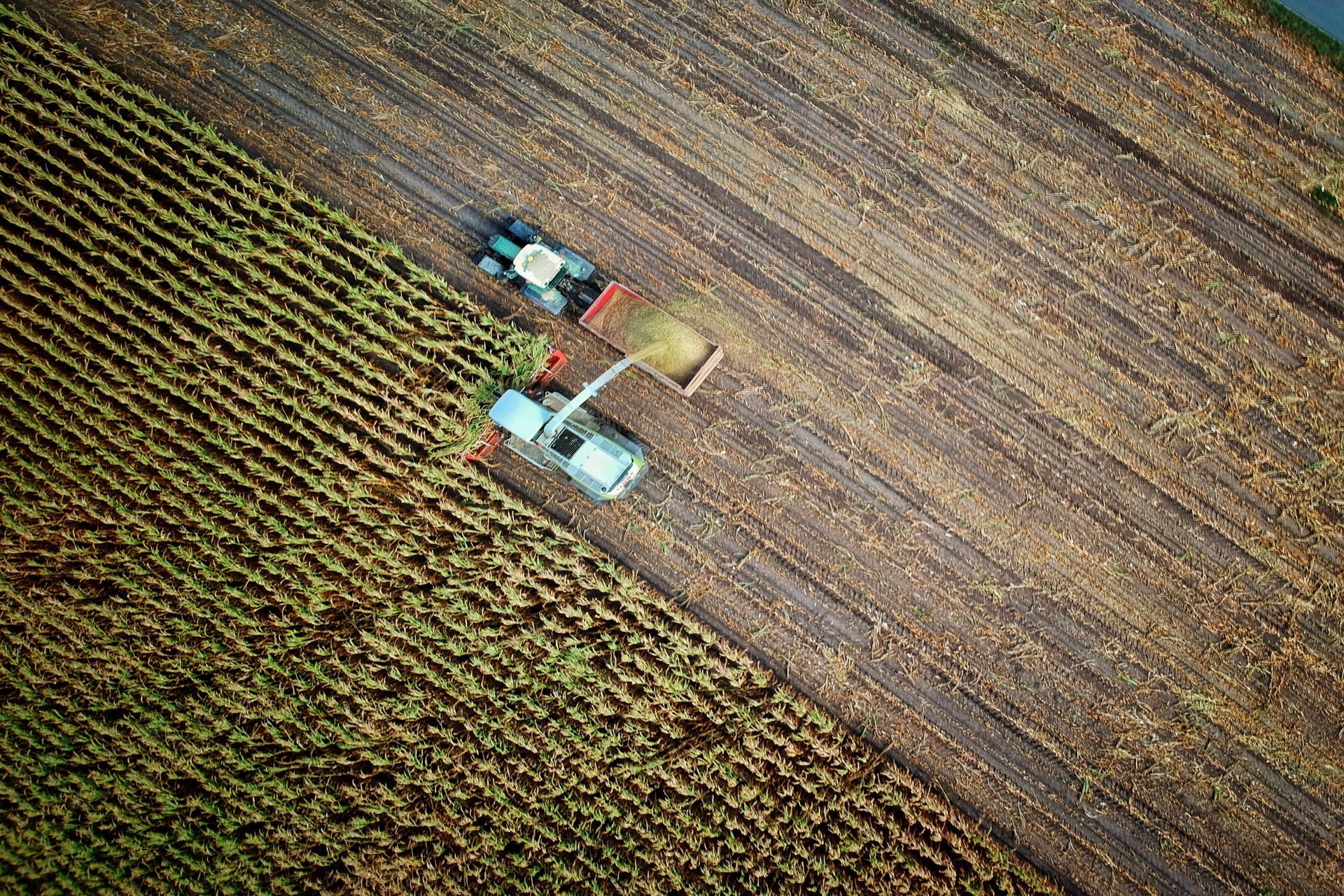
The Impact of Zero Waste Agriculture on Our Food
We are reader-supported. When you buy through links on our site, we may earn affiliate commission.
The Impact of Zero Waste Agriculture on Our Food
Zero waste Agriculture is a revolutionary approach to farming that aims to eliminate trash and make the most efficient use of resources. It’s becoming increasingly relevant as the world grapples with environmental challenges and the need for sustainable food production.
The principles of this approach revolve around several concepts. It includes resource efficiency, closed-loop systems and reduction of chemical inputs. Adhering to these principles contributes to environmental conservation and supports sustainable food systems, leading to healthier food options for consumers.
Zero Waste Agriculture and Consumer Health
Zero waste agriculture provides healthier food options, aligning perfectly with the growing trend of 50% of consumers prioritizing healthy eating. It produces more nutrient-dense foods through practices emphasizing soil health and reducing chemicals. This approach ensures that fruits, vegetables and grains retain more natural vitamins and minerals, offering a richer nutritional profile than conventionally grown produce.
Moreover, minimizing harmful pesticides and fertilizers reduces consumers’ exposure to potentially hazardous chemicals. It can decrease the risk of chronic diseases and health conditions linked to these substances.
Likewise, it aligns well with the increasing consumer awareness and demand for safe, nutritious and environmentally responsible food. Nutrient-rich foods from these methods include organic leafy greens, berries and whole grains, known for higher levels of antioxidants, fiber and beneficial compounds.
These qualities cater to health-conscious consumers who seek foods that support their well-being and positively impact their environment. It meets the current health trends and paves the way for a sustainable, health-focused future in food production.
Environmental Benefits of Zero Waste Agriculture
Reducing agricultural waste is crucial to this practice, bearing significant environmental and economic importance. By minimizing waste, zero waste agriculture optimizes resource use, lessens the burden of landfills and reduces pollution.
This efficient use of resources is particularly relevant considering that the U.S. is the top consumer and producer of oil and natural gas, highlighting a broader need for sustainable practices in all sectors, including agriculture.
Furthermore, it reduces the carbon footprint of agriculture and combats climate change. Some practices reduce greenhouse gas emissions, such as efficient resource utilization and minimizing chemical inputs.
Adopting these methods can mitigate environmental impact in a country like the U.S., where energy consumption is high due to its status as a significant player in the oil and natural gas markets. This approach complements broader efforts to transition towards more sustainable energy and resource consumption patterns.
Zero Waste Agriculture and Global Food Security
Zero waste agriculture offers a transformative approach to enhancing global food security, especially considering challenges like the 33.8 million Americans facing food insecurity.
Optimizing resource use and minimizing waste increases the efficiency of food production, ensuring that limited resources can generate more food. It is crucial in densely populated countries and regions where resources are scarce.
Additionally, its principles of crop diversification can produce more nutritious and diverse foods, addressing the quantity and quality necessary for a growing global population.
Impact on Food Quality and Safety
This method positively impacts the nutritional value of food. The Zero waste approach emphasizes naturally maintaining and improving soil health, which is crucial for plant nutrient uptake.
Healthier soil fosters the growth of crops that are richer in vitamins, minerals and other essential nutrients. For instance, fruits and vegetables in nutrient-rich soil typically contain higher antioxidants and vitamins. This approach focuses on reducing waste and producing inherently more nutritious food.
In addition, minimizing or eliminating synthetic pesticides and fertilizers reduces harmful chemicals in the final food products. It is crucial for consumer health, as prolonged exposure to certain agricultural substances can result in health issues like allergies, neurological problems and some forms of cancer.
Thus, zero waste agriculture uses natural, less harmful pest and disease control methods to produce safer, cleaner food. This emphasis on reducing chemical inputs benefits the environment and ensures that the food reaching consumers is of higher quality and safety.
Economic Implications for Farmers and Consumers
Adopting this method involves a nuanced cost-benefit analysis for farmers. Initially, transitioning to zero waste practices might incur additional costs due to the need for new approaches, equipment or training in sustainable farming techniques.
However, over time, producers can offset these costs by saving in areas such as waste disposal, chemical fertilizers and pesticides. Moreover, better soil health and yield stability can improve crop quality and quantity, potentially increasing a farm’s profitability.
Regarding food prices, the zero waste approach can have varying impacts. Initially, products from these systems might be more expensive due to the perceived premium quality and the costs of sustainable farming practices.
However, as these technologies become more widespread and efficient, there’s potential for cost savings in production that can trickle down to consumers, stabilizing prices. Furthermore, the increasing demand for sustainably produced food can drive market growth, potentially making zero waste products more competitively priced in the long term.
Moreover, the long-term economic sustainability of this approach is promising, particularly when considering the broader economic context. For example, the U.S. recycling industry — a fundamental component of sustainable practices — generates $117 billion in economic activity annually.
It demonstrates the economic viability of sustainable technologies. Similarly, zero waste agriculture, focusing on resource efficiency and reduction, aligns with these profitable sustainability trends.
Over time, as environmental regulations become stricter and consumer preferences shift towards sustainable products, this method will likely become an environmentally responsible and economically strategic choice.
The Future of Food
The potential for technological advancements in zero waste agriculture is vast and exciting. Precision agriculture tools using data analytics and IoT devices can optimize resource use and crop yields, reducing waste.
Likewise, biotechnology also holds promise, potentially offering new ways to enhance crop resilience and reduce reliance on chemical inputs. Additionally, advancements in composting technologies and waste-to-energy systems could transform agricultural by-products into valuable resources, fully embodying the zero-waste ethos.
As the global population grows and environmental challenges become more pressing, the need for sustainable, efficient, waste-reducing agricultural practices becomes increasingly critical.
Zero-waste agriculture addresses these needs and offers a path toward a more resilient and environmentally friendly food system. By adopting these principles, producers can ensure they meet present demands and secure the planet’s health and resources for future generations.
Share on
Like what you read? Join other Environment.co readers!
Get the latest updates on our planet by subscribing to the Environment.co newsletter!
About the author

Steve Russell
Steve is the Managing Editor of Environment.co and regularly contributes articles related to wildlife, biodiversity, and recycling. His passions include wildlife photography and bird watching.





